Long-term travel or backpacking is both scarily wonderful and, at times, wonderfully scary. It opens doors, both in reality and metaphorically. It’s a fantastic investment in yourself and in the communities that you visit.
In this post, I’ll be explaining the realities of long-term travel that you can expect to experience the next time you go backpacking. I’ll also include practical tips on how to overcome some of the challenges that you might encounter so that you don’t just survive, but thrive whilst on the road.
This article was written whilst backpacking around Southeast Asia and is based on our actual experiences. Be reassured, everything contained in this article comes from a place of lived experience and collected knowledge.
This post contains affiliate links. Find out more in our Privacy Policy.
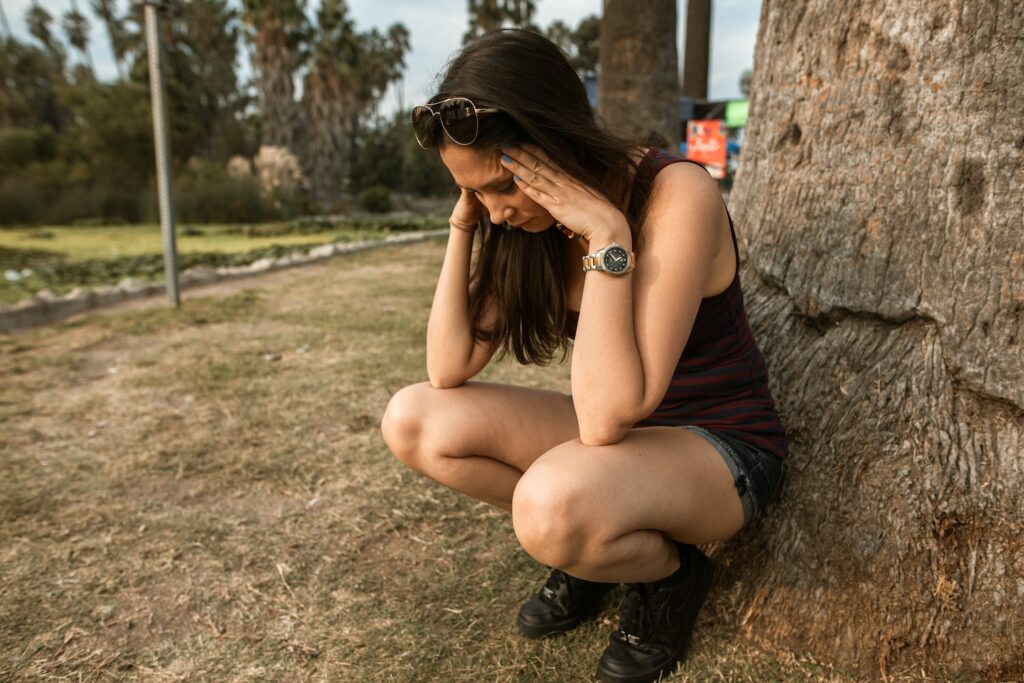
Things won’t go as expected
One constant that you can always rely on is that humans are unpredictable. They might do the same thing every day for years and years, only for them to wake up one morning and decide to do things completely differently.
When doing your research on a destination or attraction, you might have read several travel blogs, each giving the same advice. That doesn’t necessarily mean that it’ll be the same when you eventually visit.
It’s a cliche thing to say, but… expect the unexpected. Things will almost certainly not go to plan and you should be ready for that eventuality. Always have a plan B in mind that you can default to and try to go with the flow (though that’s often easier said than done). Try not to dwell on any disappointment or annoyance that you might feel as a result.

You’ll get sick and it’ll suck
In the same way that you get sick at home, you should expect to also get sick when you’re travelling long term. In fact, depending on the places you’re visiting, you might find your chances of getting sick may increase. Despite being careful around street food and tap water, you can’t always be on your guard and bugs will probably get into your system.
I haven’t puked in years, but during the first two months of a backpacking trip around Asia, I had two cases of tummy trouble. On the first occasion, it was the morning of a long journey from Amritsar to Dharamashala in India. Thankfully, it went away very quickly, but the timing was certainly anxiety-inducing. The second occasion (a pretty dramatic case of vomiting) was half way through a temple tour in Thailand. I needed to ditch the tour half way through and get a taxi back to my hotel. On both occasions, it sucked!
Of course, the usual travel advice applies when it comes to avoiding stomach issues - be careful of where and what you eat. If a place is quiet and/or looks grim, it’s best avoided. Busy cafes/restaurants are generally a good bet, as are places with lots of positive online reviews. Use your common sense.
Safe tap water can be tricky in many parts if the world, but those concerns (as well as environmental concerns) can be alleviated by using a filtered water bottle.
We travelled around Asia with bottles by Water-To-Go and they worked a charm. The bottles contain mechanical, electrical and activated carbon filters that removes 99.9999% of all microbiological contaminants in water. Each replaceable filter lasts around 3 months and are 100% recyclable (with the central membrane being completely biodegradable).
Get 20% off any Water-To-Go order over £20 (or the equivalent in your currency).

You’ll still have highs and lows
Travel isn’t the answer to all your problems. The problems you encounter at home/in your regular life sadly won’t evaporate. Just as you do when you’re not travelling, you will still have mental and physical highs and lows. Some days, you won’t feel like exploring and the only thing you’ll want to do is stay in bed and watch TV, in the same way you sometimes feel whilst at home.
The first time this happened to me, it was a surprise. I had gone a long time without any major lows, so when the low arrived, it was a shock. It took a few days to pass.
I reacted in the same way as I would if I were at home - I sought comfort. Comfort in the way of food, in the way of what I did and comfort in the way of my immediate environment. Basically, I got a pizza and watched Netflix in bed.
Long term travel can be draining, both physically and mentally. It’s okay if you need a break sometimes. Before the lows arrive, make sure you know what will bring you comfort quickly and how to implement it.
In addition to seeking comfort, you might also want to look into mindfulness techniques. UK mental health charity Mind have an introductory article to help get you started.
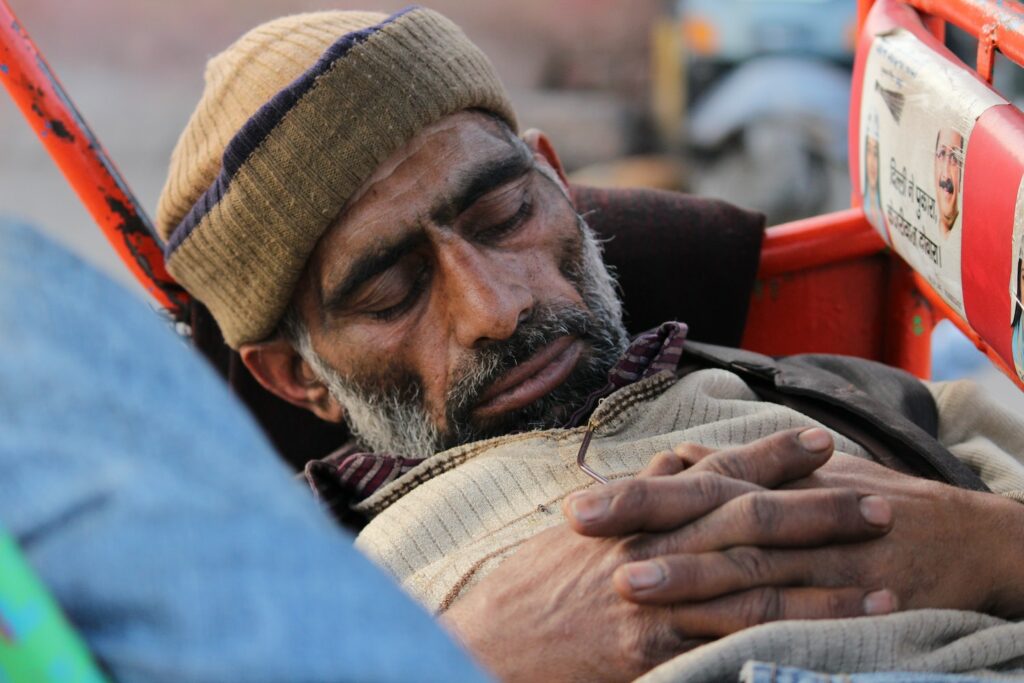
You’ll get tired
Exploring the world does take its toll on the body. Be sure to allow for rest days or even rest weeks in your itinerary, otherwise you may get tired and you may put yourself at risk of burnout.
FOMO (fear of missing out) is real, but you’re only one human and you have your limits (no matter how awesome you feel). Avoid packing too much into your schedule. Concentrate on the things that interest you and be cool with missing out on some stuff.
Maybe think of it this way - make sure you save some things to do and see for your next visit. Additionally, remember the saying, ‘less is more’? Perhaps it also applies in this case.

You’ll need to reset from culture shock
Don’t feel embarrassed if you spot a Starbucks, McDonalds or any other recognisable cafe or restaurant and feel the urge to go there immediately.
Culture shock is real and you’ll likely feel a need to take a break from the sensory overload and find somewhere familiar to reset. This is completely normal and you shouldn’t feel bad for taking care of your mental health.
Even machines need to reset from time to time.
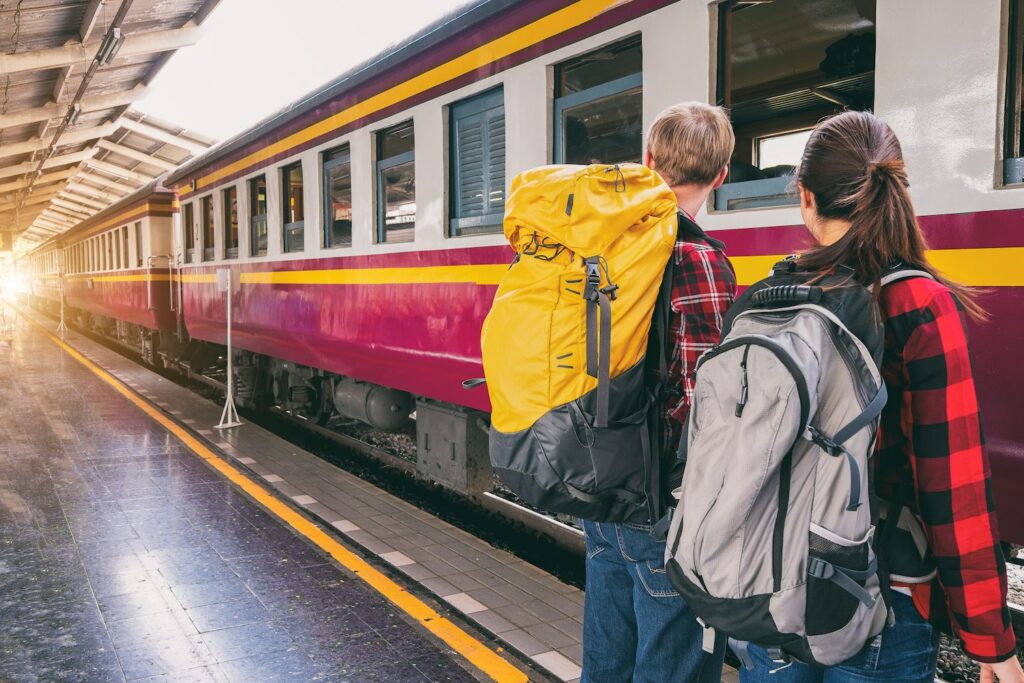
You’ll adapt very quickly to living out of a bag
The initial excitement of having all your cool new travel stuff neatly packed away into different sections of your bag will wear off and the practicality will take over. Then, there’s a dip where you’ll become sick of everything and you want to throw it all in the bin. Shortly after that though, living out of a bag starts to feel normal and you get into a rhythm where unpacking and repacking your bag becomes an art.
Don’t get bogged down in the early stages of living out of bag. Those stages soon pass and living out of a bag will become a totally normal thing.
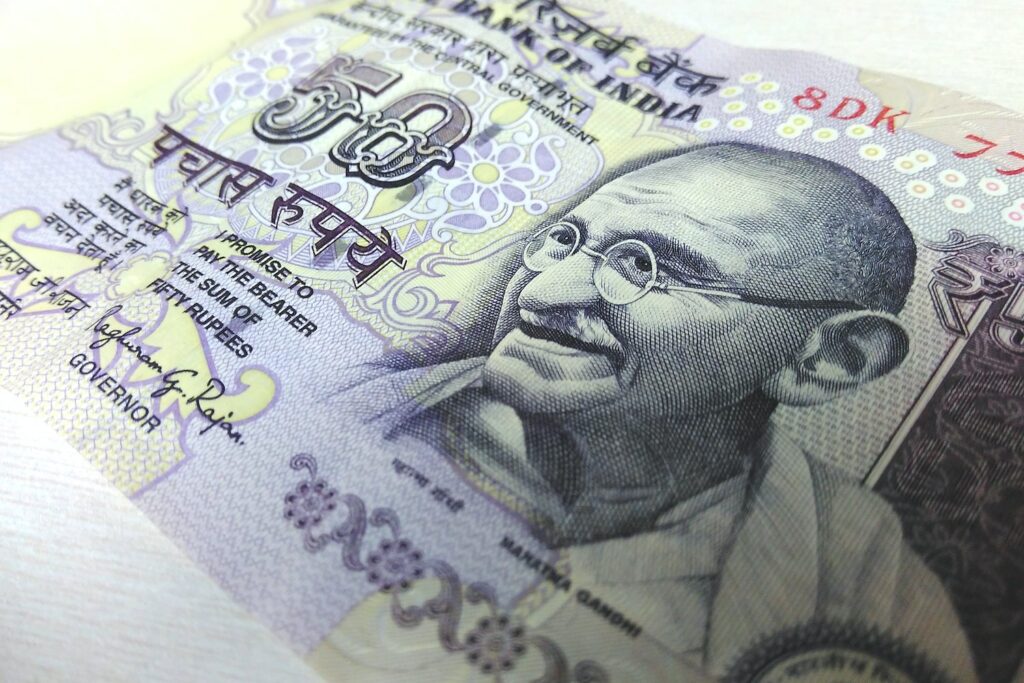
Your wallet/purse will be full of different currencies
There are some currencies (I’m looking at you Laos and Vietnam) where they could really do with removing some zeros. At the time of writing, it’s around 2.5 million Laotian Kip to around £100, which is ludicrous.
If you’re hopping from country to country, those bank notes really start to accrue quickly. I was only a couple of months into a trip around Southeast Asia when it became apparent that my wallet no longer closed.
Try to think ahead and get yourself a decent wallet/purse with different sections where you can organise everything. Alternatively, you might want to think about where you’re going to store the bank notes from countries that you’ve already visited.
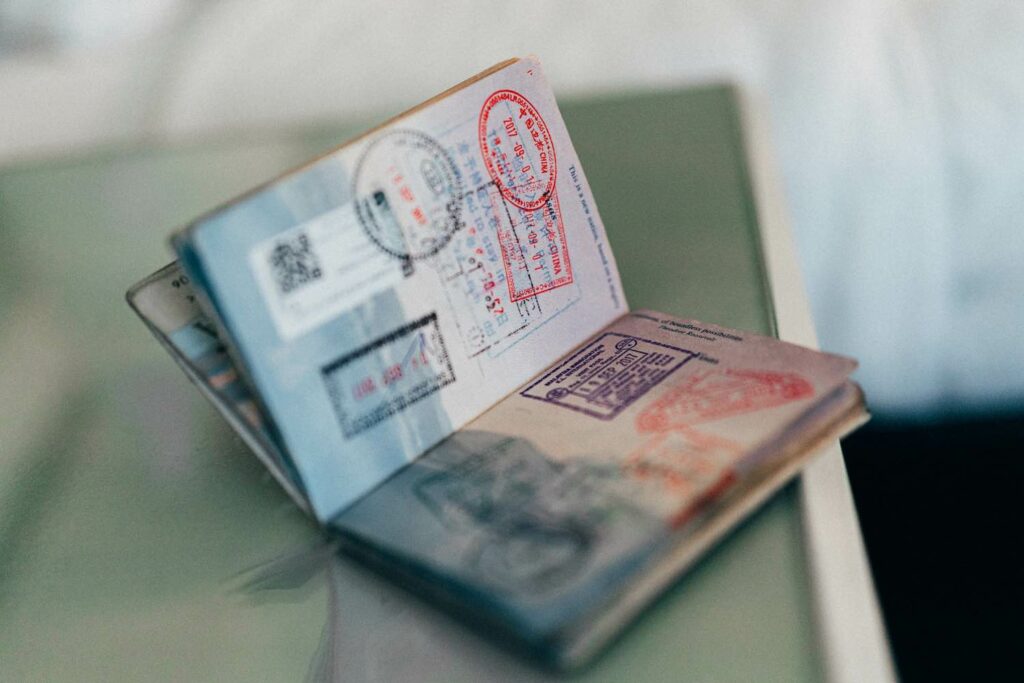
You’ll feel intimidated by border crossings
Borders can be intimidating. You’re entirely beholden to the border process, in addition to the whims of the immigration officers that you encounter. Most of them will do a good and honest job, but depending on the arriving country, some will take advantage of your situation and extort you for money.
It is not a great way to welcome you to the country and governments really need to sort this kind of thing out. In the meantime, you have to just smile and try to get through the process in as positive a way as possible.
There are cases of travellers waiting out an extortion/bribery attempt and getting away successfully. These cases are few and far between though.
More often than not, extortion/bribery attempts at borders won’t cost you too much, so in most cases, it’s best to avoid any further trouble and pay the ‘service charge’.

You’ll appreciate spending a little bit more on accommodation
Before embarking on long-term travel, it’s important to have a budget. It’s also important however to be flexible.
Some days you’ll underspend and on others, you’ll overspend. You’ll likely be grateful if the overspend is on accommodation.
During our long trip around Southeast Asia, we stayed in a variety of types of accommodation. Price didn’t always equate to a better room, but occasionally it did and we appreciated spending a little more for a more comfortable stay.
Try to balance your costs out by sometimes staying in budget hotels/hostels and occasionally spending a little more. You’ll feel great for doing so.
Incidentally, if you’re interested in a good app to manage your travel spending, we can recommend TravelSpend. Also worth keeping an eye on is Stippl, which we currently use for itinerary building, though a budget manager is in the works too.

You’ll share travel stories with strangers
Whilst you’re travelling, you’ll have a natural urge to start conversations with fellow travellers, share tips and stories and seek answers to your own questions about forthcoming journeys.
Meeting fellow backpackers really is one of the highlights of long-term travel. The sense of shared experience helps to bring people together and aids in making connections, much more so than in ‘real life’.
You can meet like-minded travellers in cafes and restaurants or in communal areas in your accommodation. Don’t be afraid of sparking up conversation. At best, you’ll make new friends and at worst, you’ll irritate someone you’ll likely never see again.

You’ll learn to go with the flow
This will take some time to finesse and you’ll still have ups and downs, but eventually, you’ll find it easier to go with the flow and relax a little more into your new lifestyle. And doing so is pretty important, especially if you’re visiting countries that themselves have a ‘flexible’ way of doing things.
This harks back to my previous point about things not going the way you expected. This will almost certainly happen during your trip and you’ll naturally find a way of dealing with it. In fact, as your trip proceeds, you’ll get better and better at dealing with it.
In times of difficulty, try not to get too wrapped up in the moment and try to see the bigger picture. Try taking a different way of looking at a situation in order to get a better understanding of why something is happening the way it is. It may not be the way your initially understood it.
One way to do this is by using the ‘helicopter view’ technique. Through your mind’s eye, zoom out and see the situation not just in the context of your immediate surroundings, but in the context of the country you’re in or even in the context of the world. This will help you to get a better sense of perspective and will ultimately help you to go with the flow.
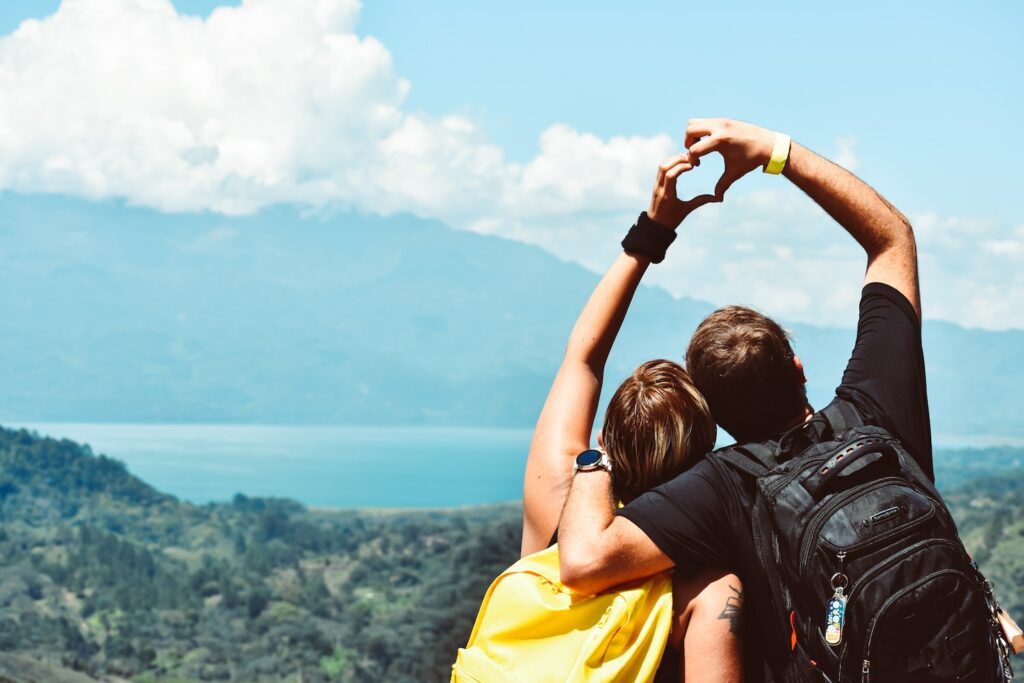
Ultimately, you’ll have the time of your life
Previous adventurers and explorers weren’t lying when they championed travel to their peers. Travel really is one of the best ways to invest in yourself.
You learn so much, not only about the people and places you visit, but also about yourself. You rediscover what you enjoy, what you’re able to tolerate and that you’re significantly better equipped in certain circumstances than you realised.
Despite all the issues outlined in this article, long term travel/backpacking is awesome! Even if you run into difficulties, you’ll likely never regret spending your time exploring the world and discovering the amazing people and places that are out there.


I thoroughly enjoyed reading your blog post on the realities of long-term travel and the pro tips for surviving backpacking adventures. Your personal experiences and insights provide a realistic and honest perspective on the challenges and rewards of this unique style of travel. The practical tips you shared, such as packing light, staying flexible, and immersing oneself in the local culture, are invaluable for anyone considering or currently embarking on a backpacking journey. Your emphasis on embracing the unexpected and cultivating a positive mindset is inspiring. Thank you for sharing your wisdom and advice. Happy travels!